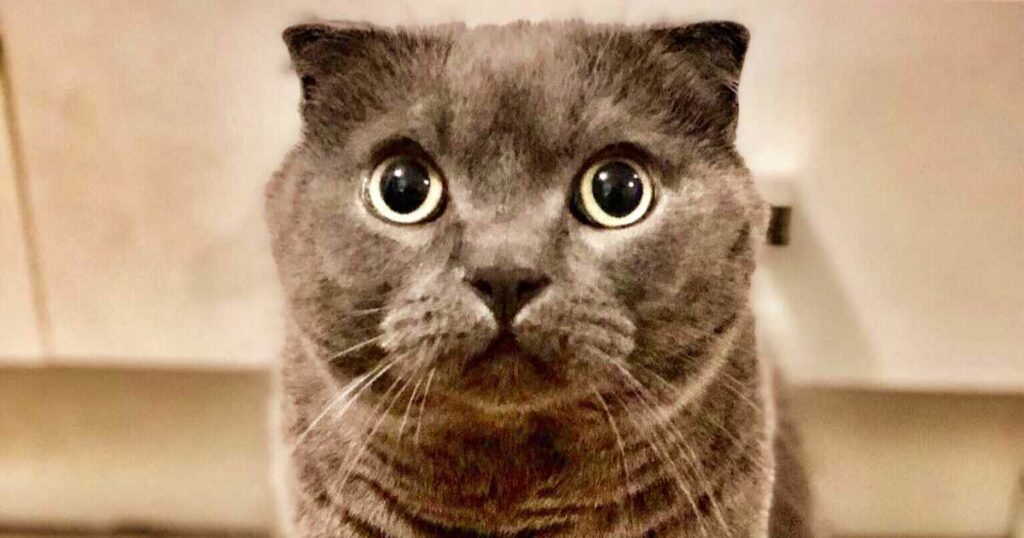Pancreatitis is an often-undiagnosed condition, with estimates suggesting it can affect more than 60 per cent of cats.
It’s a disease that impacts on vital organs and can be fatal.
A mystery ailment
The problem is that cats with pancreatitis don’t have easily identifiable symptoms. They might be off their food, sleep a lot, vomit a bit and be quieter than usual. But, as cat owner will tell you, this isn’t unusual.
Dr Andrew Spanner from South Australia’s Walkerville Vets says the illness is not picked up in routine tests.
“There is no doubt that most feline pancreatitis (FP) goes undetected, regardless of the numbers,” he says.
“Gom (a client’s cat) is a good example. He’s always seemed healthy.”
Gom (pictured above) vomited occasionally and wasn’t always hungry.
“It wasn’t until he came in with lethargy and a fever recently that I suspected he had pancreatitis,” says Dr Spanner.
“Even then, I had no other evidence except a hunch. The problem is that you don’t find feline pancreatitis by accident.”
How is pancreatitis in cats diagnosed?
A simple blood test will pick up the disease. But Dr Spanner says the test is still under patent with a single company. This means the test adds an extra fifty or so dollars to an already expensive vet bill.
“It’s not in the standard (testing) profile,” Dr Spanner says.
“People don’t know about it. Even for me, it’s like: do I put that extra test in? It’s a decision we shouldn’t have to make.”
When the patent expires the test will become cheaper and more routine. But another complicating issue is that the test is not perfect. It misses one in four cases.

What causes pancreatitis in cats?
Unfortunately, the reason for the disease in cats is unknown. In dogs, diet and obesity are significant risk factors.
And Dr Spanner says keeping your cat at a healthy weight certainly won’t hurt. Older cats and males do tend to be more prone to the disease.
How is pancreatitis treated?
The most important thing is, if you suspect your cat might have the disease, get them to the vet as soon as possible. Survival rates are worsened by a delay in treatment.
Cats with acute pancreatitis (like Gom) will need a hospital stay. Treatment includes intravenous fluids, anti-nausea drugs and pain relief.
Cats with chronic pancreatitis can be treated at home. Again, anti-inflammatories and pain relief will help speed recovery.











